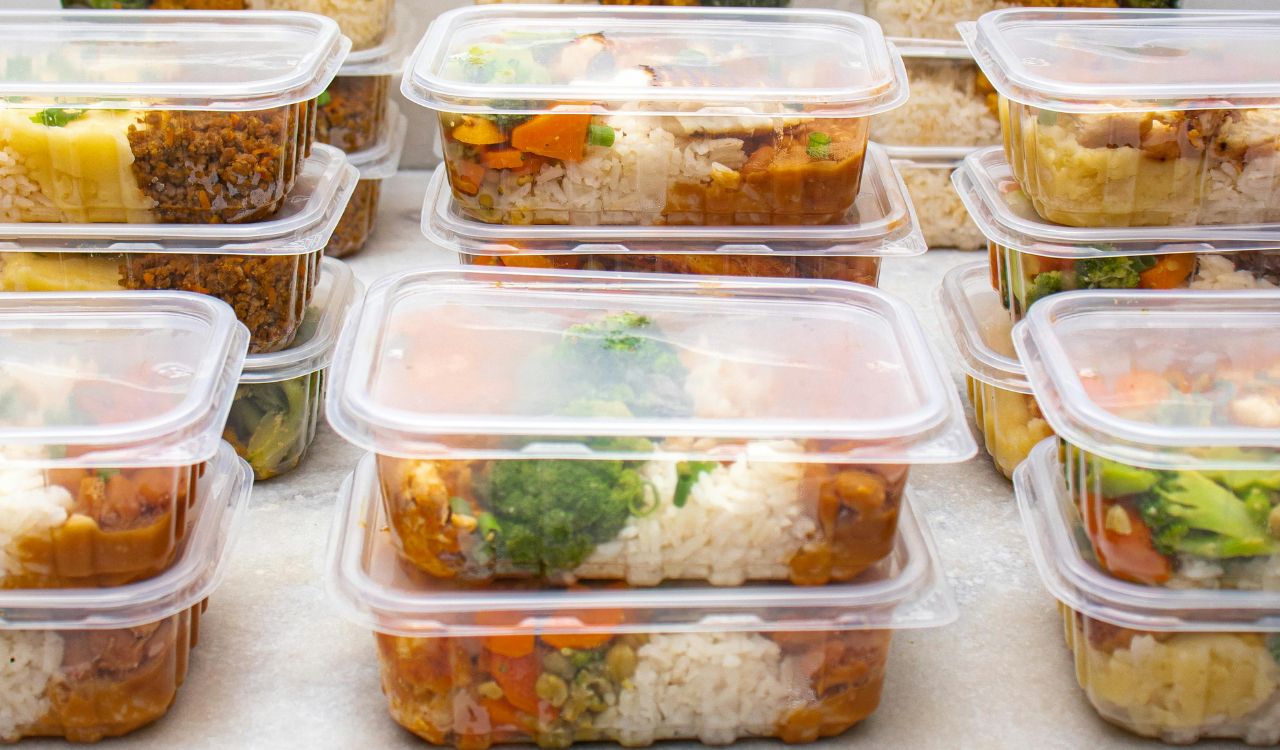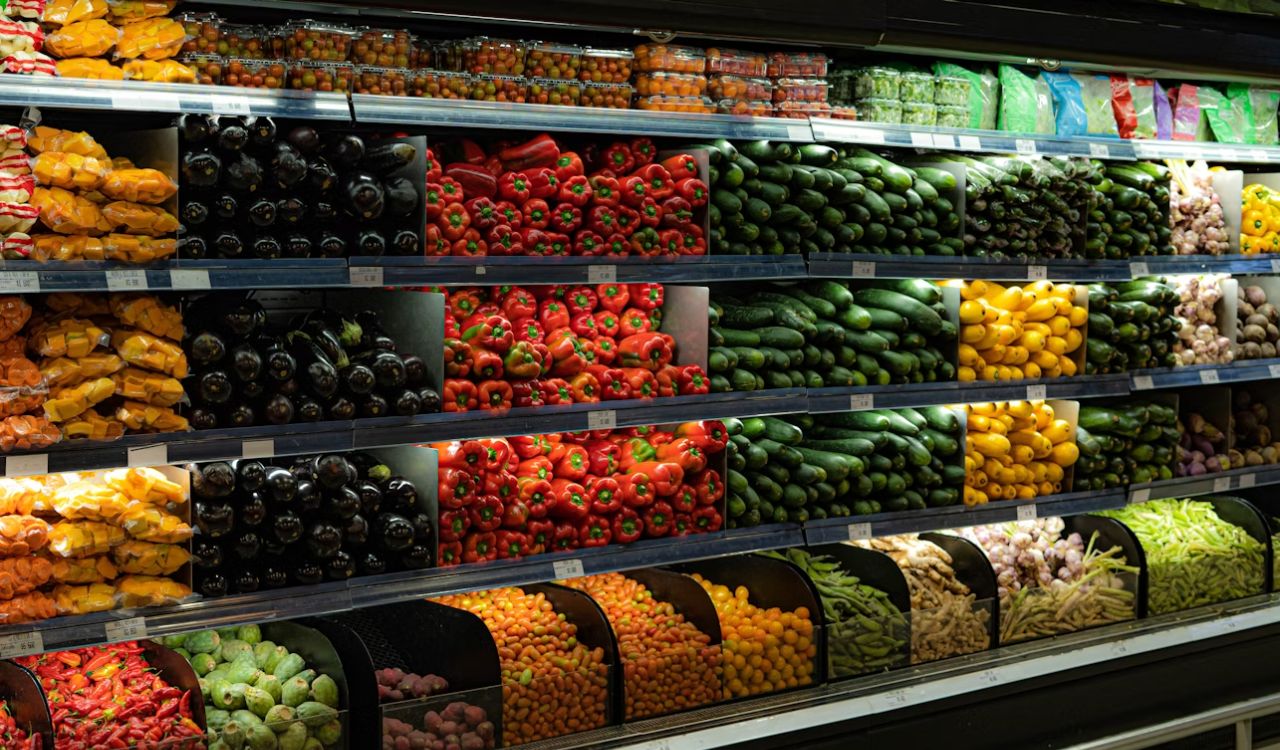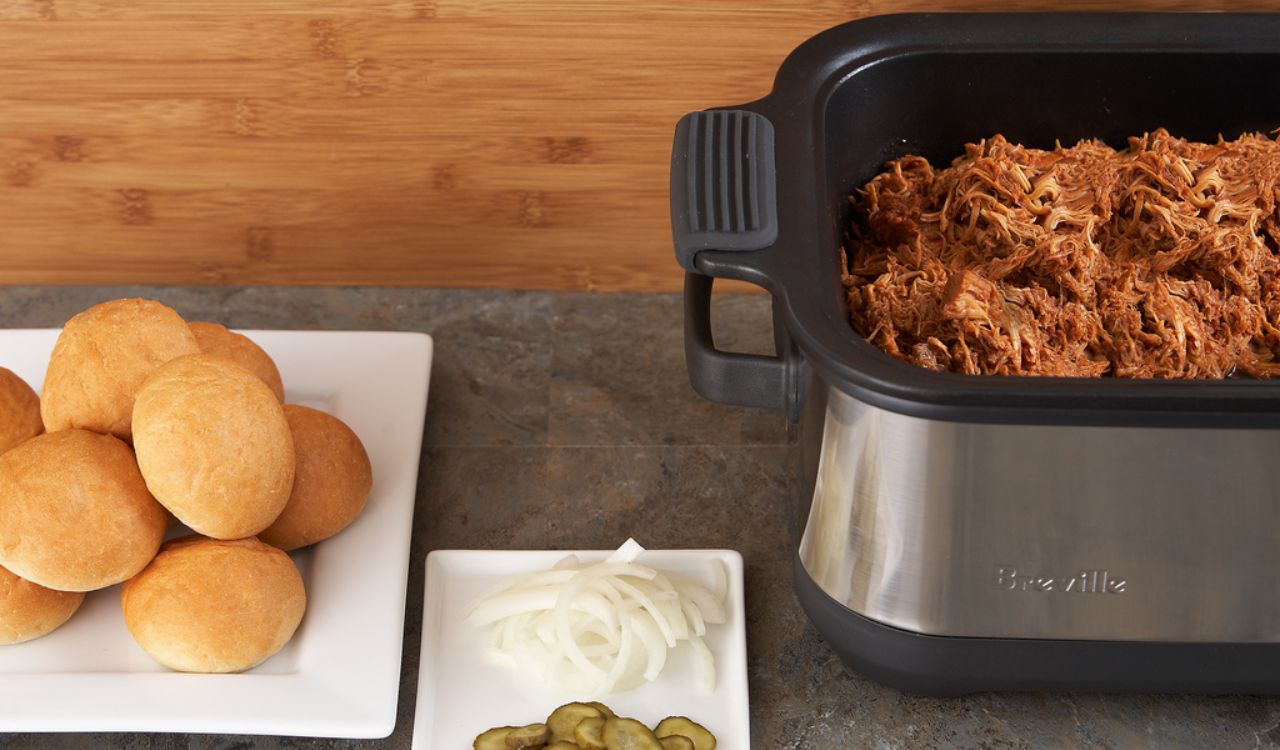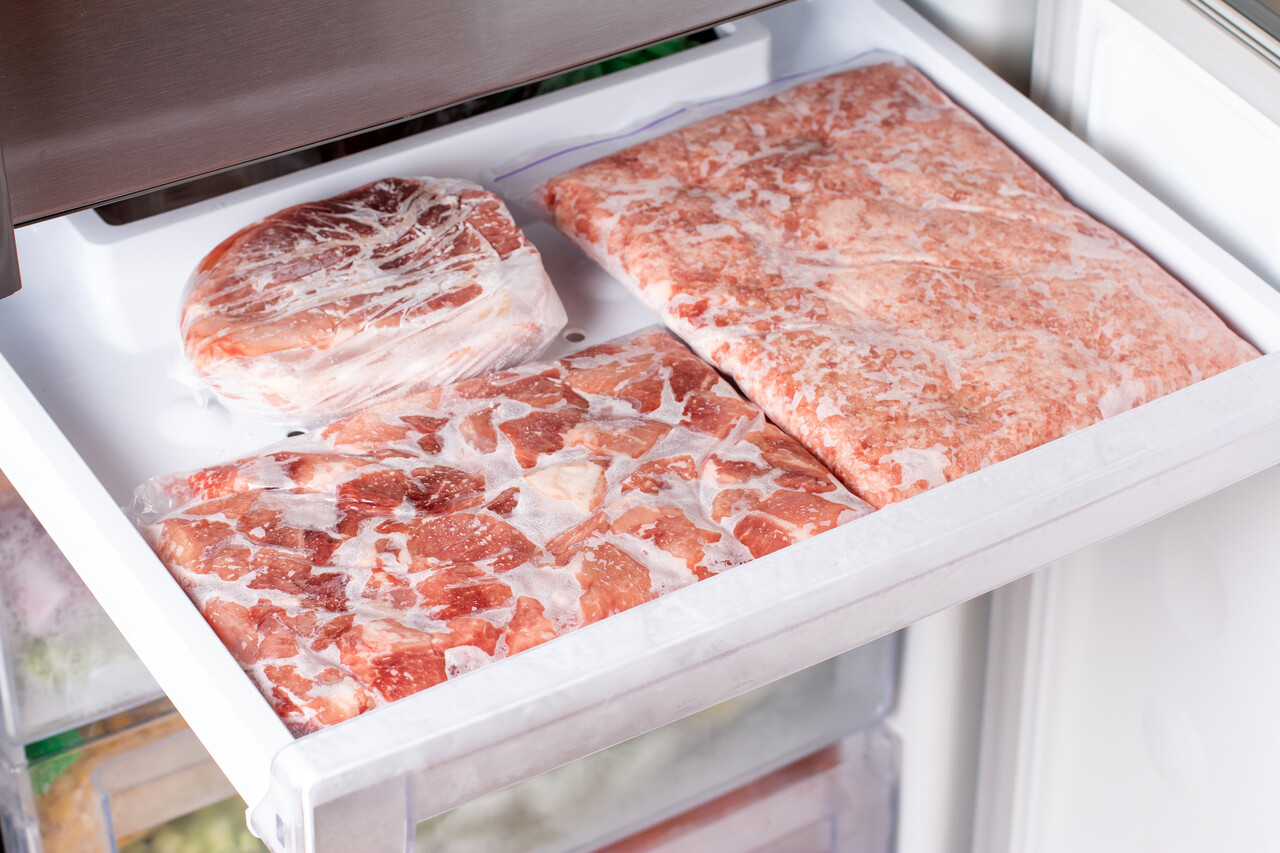14 Money-Saving Food Tips for College Students on a Budget

College life can be fun and rewarding, but food costs can pile up quickly for students managing limited funds. Between tuition, rent, and social activities, it can be difficult to balance nutrition and affordability. The good news is that eating well on a small budget is possible with the right approach. By planning, cooking efficiently, and being mindful of spending, you can save money while still enjoying your meals. These fourteen tips will help college students make the most out of every grocery dollar.
1. Plan Your Meals in Advance

Planning ahead keeps you from wasting food and spending unnecessarily. Create a weekly menu and write down exactly what you need before heading to the store. When you plan meals around similar ingredients, you use everything you buy and avoid spoiled leftovers. Set aside one day a week to cook and prep for the days ahead. This habit saves both time and money while reducing stress during busy class days. A clear meal plan helps you eat better and stick to your budget easily.
2. Buy Groceries in Bulk

Buying in bulk saves money because large quantities cost less per unit. Staple foods like pasta, rice, beans, oats, and lentils are perfect for bulk buying and have a long shelf life. Store them properly in airtight containers to keep them fresh. Having a stocked pantry also helps you avoid frequent grocery trips and impulse spending. You can mix and match these ingredients to create filling, low-cost meals. Over time, bulk shopping becomes one of the most reliable ways to save.
3. Cook at Home Instead of Eating Out

Cooking at home is far cheaper than dining out or ordering delivery. Restaurant prices include labor and service costs that quickly drain your budget. Even simple home-cooked dishes like soups, sandwiches, and stir-fries can save a lot of money over time. Cooking also gives you full control over portion size and ingredients, helping you eat healthier. Prepare meals in batches so you always have something ready during busy study weeks. With practice, cooking becomes both fun and rewarding.
4. Learn a Few Budget-Friendly Recipes

Having a few reliable, inexpensive recipes simplifies your weekly routine. Choose dishes with affordable ingredients such as pasta, rice, lentils, eggs, and vegetables. Recipes like fried rice, chili, or one-pot pasta are perfect for students because they’re filling and easy to make. Once you learn the basics, experiment with seasonings and leftovers to create new flavors. Cooking your own meals teaches valuable skills while helping you save money. The more confident you become in the kitchen, the further your budget goes.
5. Take Advantage of Student Discounts

Student discounts can make a noticeable difference in your monthly expenses. Many grocery stores, cafés, and restaurants offer discounts with a valid student ID. Always ask before paying since offers are not always advertised. Look for student coupon programs or loyalty apps that provide extra savings on food. Some campuses even partner with local shops for exclusive deals. These small discounts may seem minor but add up throughout the semester. Taking advantage of them is an easy way to save regularly.
6. Buy Seasonal and Local Produce

Choosing fruits and vegetables that are in season can cut costs significantly. Local produce is often fresher and cheaper than imported items since it doesn’t require long transportation. Visit farmers’ markets near your campus or look for locally sourced products at grocery stores. Seasonal eating also helps you vary your diet with new ingredients each month. By supporting local farmers and eating what’s available in your region, you save money while enjoying better-tasting, high-quality food. It’s a win-win for your wallet and health.

Cooking and eating together makes food more affordable and enjoyable. Split grocery costs with friends or roommates and prepare large dishes that serve multiple portions. Meals like soups, pasta, and casseroles are perfect for sharing. This approach reduces individual spending while helping prevent waste. You can take turns cooking to keep it fun and fair. Shared meals also help build friendships and create a sense of community, turning dinnertime into a social and budget-friendly activity everyone looks forward to.
8. Use a Slow Cooker or Rice Cooker

A slow cooker or rice cooker is one of the best tools for busy students. These appliances let you prepare big batches of food with little effort. You can make stews, curries, and rice-based meals that last for days. They’re energy-efficient and ideal for small kitchens. Just set your ingredients in the morning, and dinner will be ready by the time you’re home. This saves time and money, especially when you’re tempted to order food after a long day.
9. Avoid Shopping When You Are Hungry

Shopping on an empty stomach often leads to impulse purchases that cost more than you plan to spend. Eating a snack before heading to the store helps you stay focused on your grocery list. Hunger makes tempting snacks and convenience items harder to resist. When you shop with a clear mind and full stomach, you make smarter decisions and save money. This simple habit may seem small, but it helps prevent waste and keeps your spending under control every time you shop.
10. Freeze Leftovers and Extra Ingredients

Freezing is an easy way to preserve food and stretch your groceries further. Cook larger batches of meals like soup, pasta, or rice, then freeze them in individual containers for later. You can also freeze extra bread, vegetables, or fruit before they spoil. Label everything with dates to keep track of freshness. Having ready-to-eat meals in your freezer means you’ll always have food on busy nights. This reduces waste, saves money, and helps you avoid unnecessary takeout orders.
11. Skip Daily Coffee Shop Runs

Buying coffee every day can quietly drain your budget without you realizing it. A few dollars a day quickly adds up to hundreds over a semester. Instead, make your own coffee at home using a French press, drip machine, or instant mix. It costs only a fraction of café prices, and you can customize your drink however you like. Try flavored syrups, creamers, or plant-based milk for variety. Bringing coffee from home in a reusable cup saves money, time, and even reduces waste.
12. Choose Store Brands Over Name Brands

Store-brand products are often just as good as name brands but come at a much lower price. Items like cereal, pasta, frozen vegetables, and canned goods usually have identical ingredients. Check nutrition labels to compare before buying. Switching to generic products can lower your grocery bill significantly without any drop in quality. Once you make the switch, you’ll realize how much you save every month. It’s a simple but powerful habit that makes managing your food budget easier.
13. Make the Most of Campus Dining Options

If your college offers a meal plan, make sure you use it to its full value. Keep track of your meal credits and plan when and where to use them. Many dining halls allow students to take fruit, sandwiches, or snacks for later, which helps reduce outside food costs. Check if your campus has free or discounted meal events or a student pantry. Using these resources ensures you maximize what you already paid for. Strategic use of campus dining can stretch your budget much further.
14. Track Your Food Spending

Tracking your food expenses helps you understand where your money goes and where to cut back. Use a budgeting app or notebook to record everything from groceries to snacks and dining out. Reviewing your spending weekly helps you spot habits that drain your wallet. Set a realistic monthly goal and try to stay within it. Tracking builds accountability and discipline, helping you make smarter financial choices. With awareness and consistency, you’ll gain control over your budget and still eat well.







